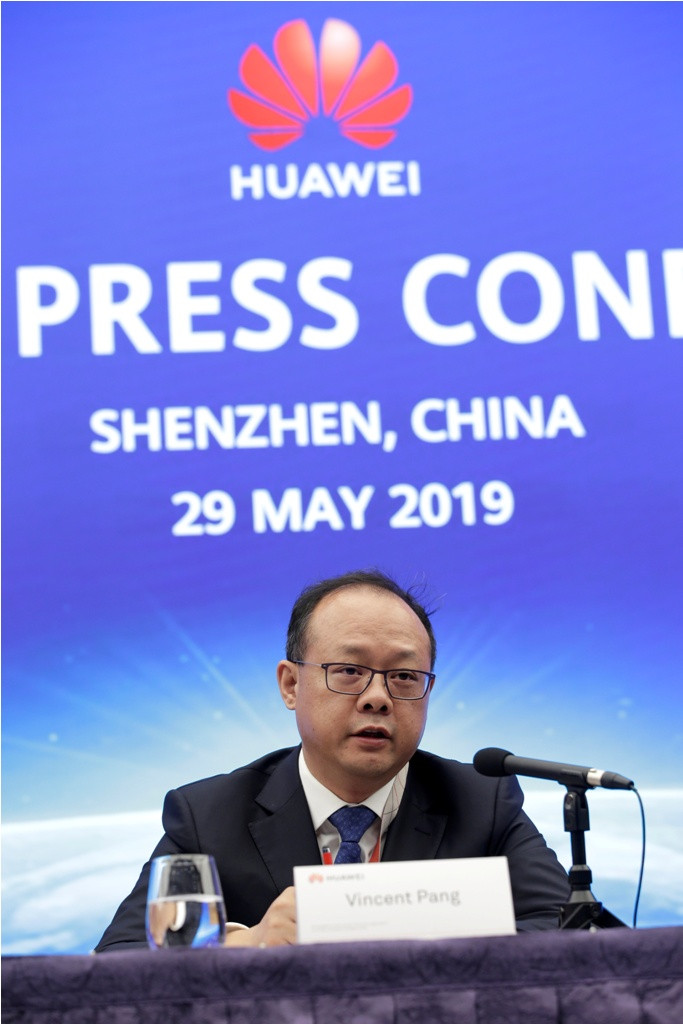Following the U.S. government's continuous attacks on Huawei, the Chinese tech giant has demanded evidence on the allegations thrown against its equipment and technology. The firm's legal team filed a motion to challenge American President Donald Trump's 2019 National Defense Authorization Act.
In an official statement on the company's website on Tuesday, Huawei's Chief Legal Officer, Song Liuping, noted that said U.S. politicians are using the favor of their entire country to take down a private company.
"This is not normal. Almost never seen in history. The U.S. government has provided no evidence to show that Huawei is a security threat. There is no gun, no smoke. The only speculation," Song argued.
The company's lead counsel for the motion, Glen Nager, further noted that Trump's 2019 NDAA is a violation of the country's Bill of Attainder, Due Process, and Vesting Clauses. He said the allegations against the Chinese tech behemoth do not present any facts.
Last week, Trump hinted that he could mention Huawei as one of the aspects under the elusive trade deal with the Chinese government. Several political analysts have questioned whether the tirades against the firm could be outside the issue of cybersecurity.
Other trade experts also pointed out that the White House may have pushed a trade deal farther from reach due to its Huawei ban order. Asia Director at the Eurasia Group, Michael Hirson said the Trump administration's move "is a watershed moment and a very significant escalation of tensions."
Others believe the Trump government's attacks could be driven by the desire to control the ballooning growth of Huawei. Furthermore, the U.S. government may have started to feel the heat of China's increasing dominance in the global economy.
President of the Center for China and Globalization in Beijing, Huiyao Wang, said the Trump administration's move could force the Chinese tech provider to "develop on its own" and this could later be damaging to the overall tech circle in the United States.
Meanwhile, some tech analysts believe that Huawei's Android OS substitute is just around the bend. While the company has clarified that its own operating system's launch date has yet to be decided on, many experts believe the OS will arrive late 2019.
The Android replacement is reportedly codenamed HongMeng and is expected to be rolled out sometime 2020 for international users. The OS will most likely be out in China sometime late 2019, analysts said.
As for the case on the U.S. government's ban, a hearing is expected for September 19.





